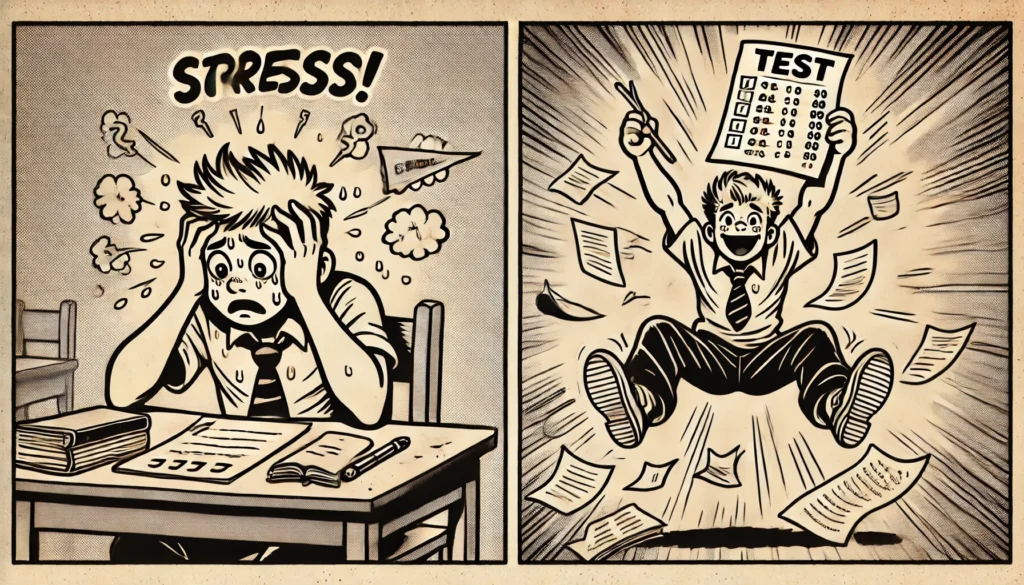
Let’s be real: preparing for the SAT is stressful for anyone, but if you have ADHD or ADD, the challenges can feel even bigger. Staying focused, managing time, and juggling test prep with everything else on your plate can be tough. But don’t worry—you can totally improve your SAT score in 30 days with the right strategies. And if you’re aiming for that dream college and hoping for some serious financial aid, this guide is designed to help you make every day count.
Let’s break it down in a way that works for you.
Before you dive into studying, it’s important to know exactly where you stand. Take a full-length SAT practice test under timed conditions (College Board has free ones). But here’s the key: take breaks if you need them! You might qualify for accommodations like extended time or extra breaks on the real test, so it’s a good idea to practice in a way that works for you.
Once you finish, look at your results. Where did you struggle most? Was it pacing, understanding questions, or staying focused? Pinpoint the areas that gave you the hardest time, and use this to shape your study plan.
It’s easy to get overwhelmed with everything you need to do in a short time, so let’s make it simple: focus on small, manageable chunks.
And remember, if you’re planning to apply for extended time on the SAT, practice under those conditions so you know how to manage the pacing.
This first week is all about building a solid foundation.
Tip for ADHD Students: Set alarms or reminders to keep you on track during study sessions. Breaks are good, but make sure they don’t turn into hour-long distractions!
Now that you’ve laid the groundwork, it’s time to zoom in on the areas where you’re struggling.
Pro Tip: Break long study sessions into smaller pieces. Instead of doing a 2-hour block of reading practice, split it into four 30-minute chunks with breaks in between. This keeps your focus sharp.
This week is all about sharpening your strategies so that when test day rolls around, you’re ready to tackle anything.
Bonus for ADHD Students: Practice mindfulness exercises, like deep breathing, to help manage test anxiety. If your mind starts to wander during the test, these techniques can help pull your focus back where it needs to be.
In the final days, it’s all about boosting your confidence and reinforcing what you’ve learned.
Confidence Tip: Visualize yourself doing well. Positive thinking can be powerful, especially when paired with preparation. Remind yourself how much you’ve practiced and that you are ready for this test.
The day before the test, avoid cramming. It might feel tempting, but cramming leads to stress, and stress leads to burnout. Instead, focus on gathering all your materials: your ID, calculator, snacks, and SAT admission ticket.
Get a good night’s sleep, and in the morning, have a breakfast that will fuel your brain—something with protein and complex carbs. Most importantly, take a few deep breaths, and remind yourself that you’ve got this.
Here’s the bonus: improving your SAT score isn’t just about getting into college. It can also open the door to scholarships and financial aid. Many schools offer merit-based scholarships based on your SAT score, and if you’re applying for federal aid, a higher score could make you more eligible for grants and scholarships.
Prepping for the SAT in 30 days might sound like a tall order, but with the right strategies—and a plan that works for you—it’s absolutely possible. Take it one step at a time, be kind to yourself, and remember that everyone’s journey is different. Your ADHD is part of what makes you uniquely you, and with the right preparation, you can turn it into a strength.
You’ve got this!